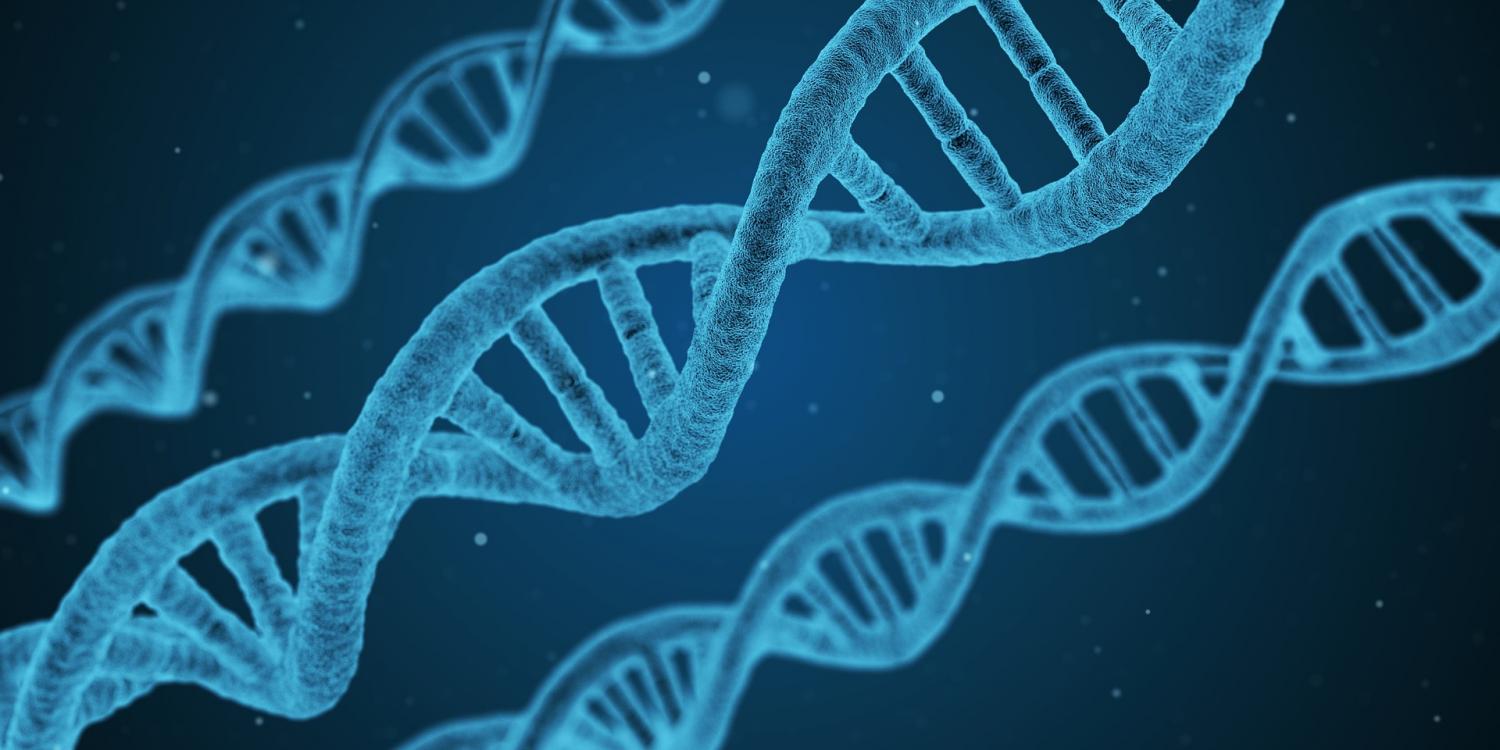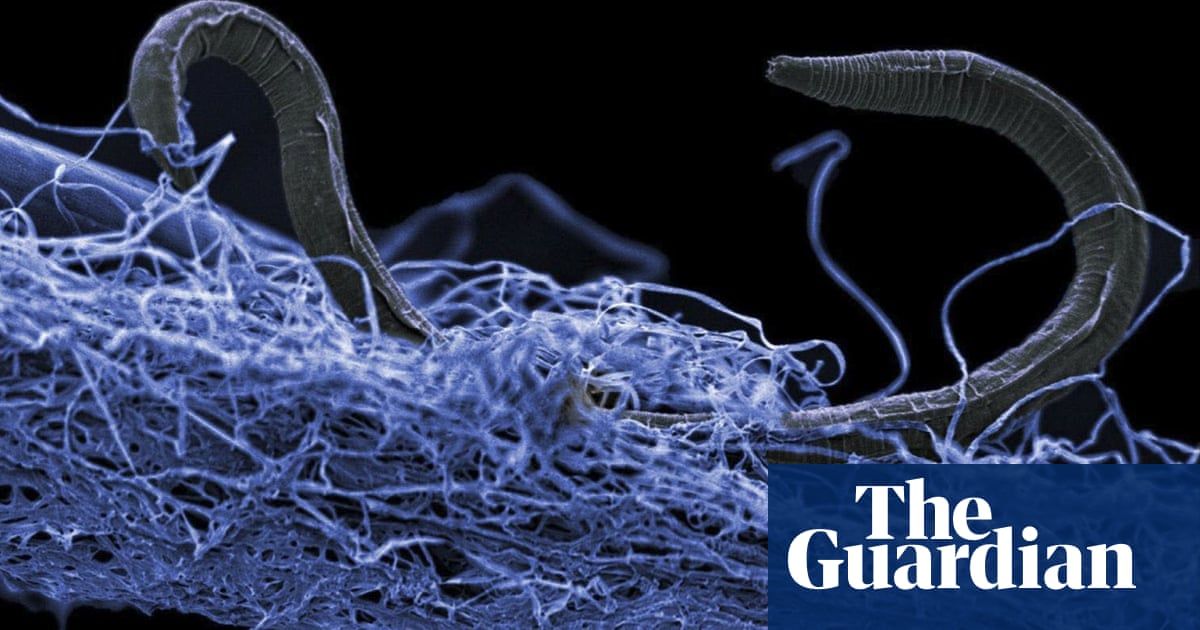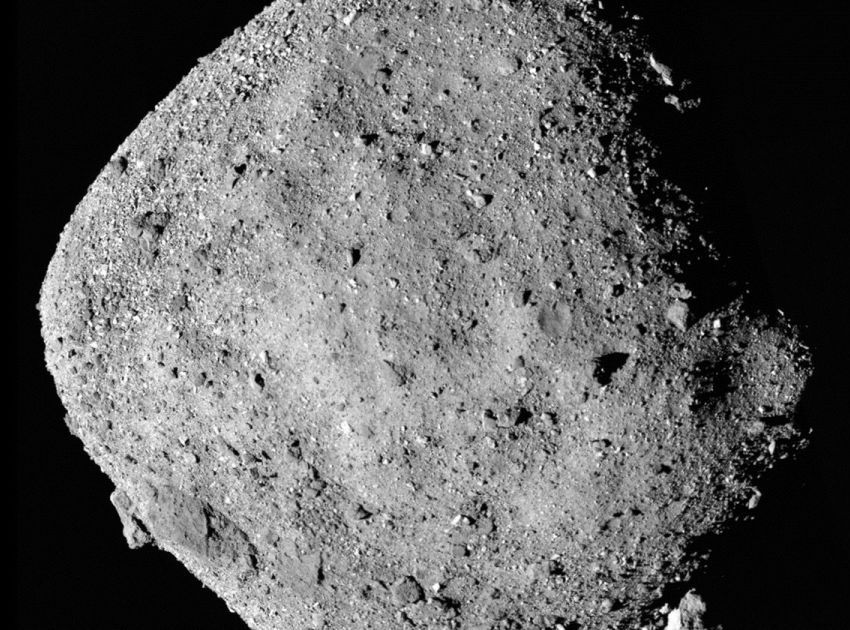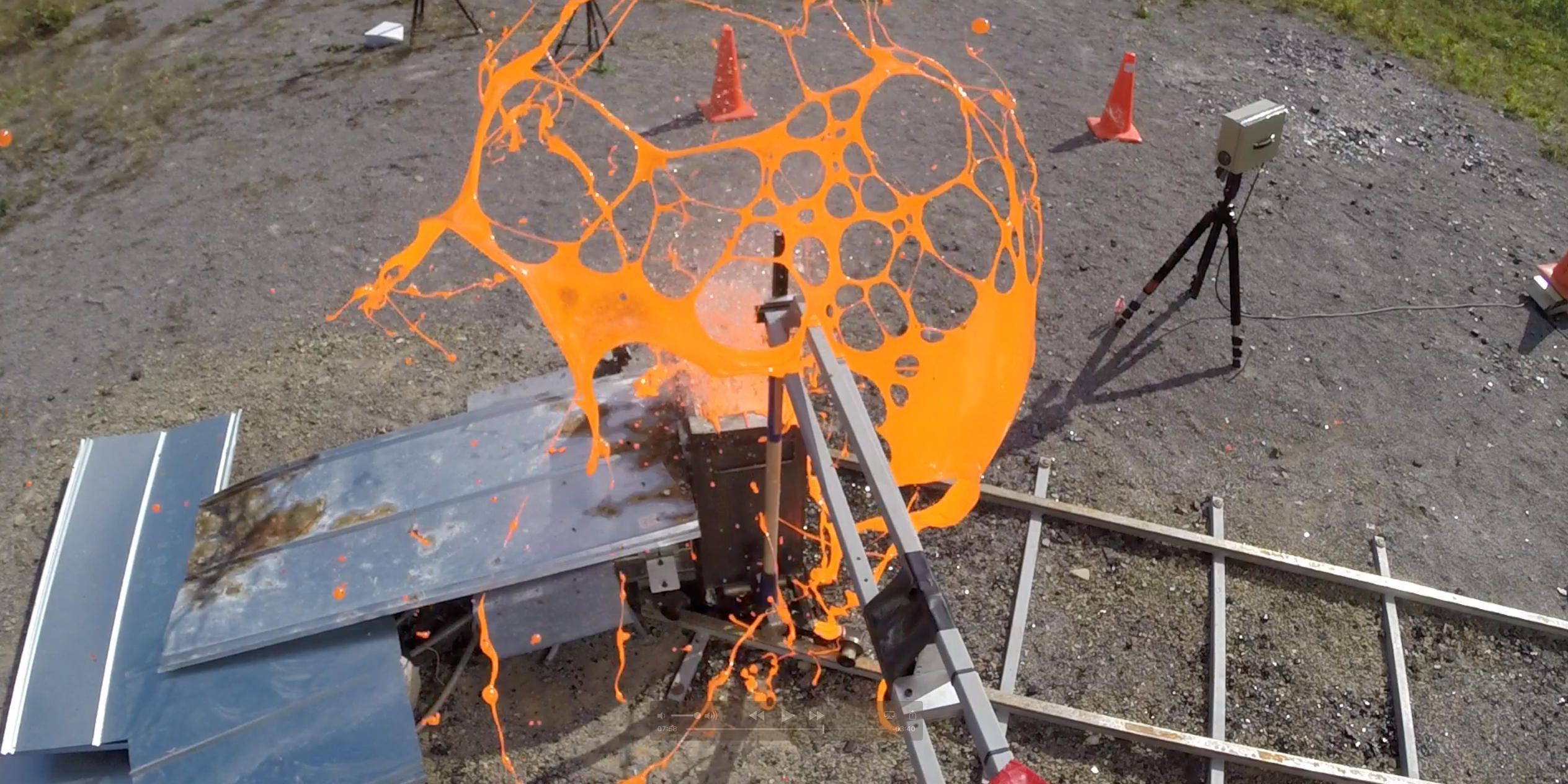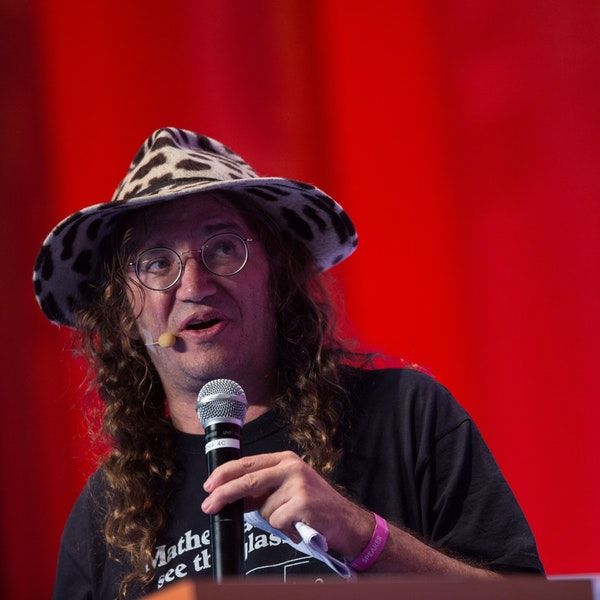Populations of indigenous people in southern Africa carry a gene that causes lighter skin, and scientists have now identified the rapid evolution of this gene in recent human history.
The gene that causes lighter skin pigmentation, SLC24A5, was introduced from eastern African to southern African populations just 2,000 years ago. Strong positive selection caused this gene to rise in frequency among some KhoeSan populations.
UC Davis anthropologist Brenna Henn and colleagues have shown that a gene for lighter skin spread rapidly among people in southern Africa in the last 2,000 years.
